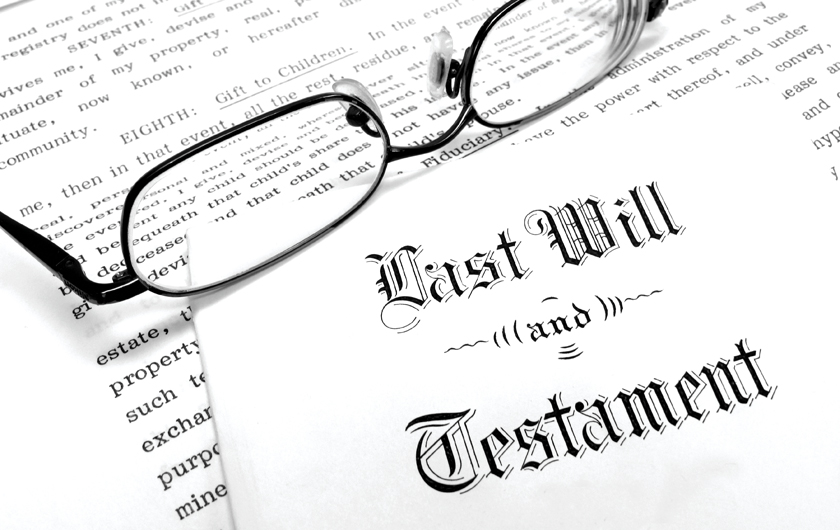Whether you need to be concerned about probate fees depends in part on where you live
A popular regular feature in Good Times magazine is “Your Questions,” where Olev Edur provides answers to questions from our readers regarding their rights, personal finance, and estate planning. Here’s one on probate fees.
Photo: iStock/eric1513.
Q. I keep reading about probate fees—how much they cost and how to avoid them—but I’m still not clear on how or under what circumstances they should be avoided. Could you please explain?
A. Sure. Probate is basically a provincial court process that is required in order to establish the legal authenticity of a will. Without probate, financial institutions, realtors, and others would be reluctant to permit the transfer of any assets owned by the deceased and under their care, for fear of lawsuits should the will prove invalid and the property be conveyed to someone who wasn’t deserving. Probate is thus a legal seal of approval regarding the disposition of the deceased’s worldly goods.
Since it is within provincial jurisdiction, the fees for probating a will can vary widely. In some provinces, the fees are so small that it would likely cost more to avoid them than simply to pay them. Quebec, for example, levies a flat fee of $108 for probating a will; in Alberta, the fee ranges from $35 (on estates worth less than $10,000) to a maximum of $525 (for estates over $250,000).
On the other hand, in Ontario, the first $1,000 of an estate is exempt and the next $49,000 is subject to a 0.5 per cent fee, but then the fee jumps to 1.5 per cent of an estate’s value beyond $50,000. Therefore, a six-digit estate will give rise to a four- or five-digit probate fee. British Columbia’s probate fees are similarly structured, so in either of these provinces, probate avoidance tactics may be worthwhile.
How do you avoid probate fees? For one thing, most assets with beneficiary designations, such as insurance policies, RRSPs, and RRIFs, will go directly to the beneficiary or beneficiaries, bypassing the estate and the need for probate (unless the estate is designated as beneficiary). Certain jointly owned assets also go directly to surviving joint owners, bypassing the estate and probate. And of course, one sure-fire way to avoid probate on any asset is to give it away before you pass on.
Beneficiary designations are pretty straightforward, but when it comes to joint ownership or giving assets away, there may be negative consequences that offset any fee savings. Many retirees, for example, contemplate putting their home into joint ownership with an adult child to avoid future probate fees, but if the child already owns a home, they may be converting a tax-exempt asset (their principal residence) into a taxable asset (a second property for the child). And some retirees consider transferring some of their investment assets to the kids, but doing so may jeopardize their own financial security down the road.
If you’re concerned about probate fees, you should first determine how much they are in your home province. If they’re substantial enough to merit attention, then you need to think about the possible costs, not only to yourself but also to beneficiaries, if you want to reduce your exposure. Only then can you come to an informed decision as to what action you should take.






